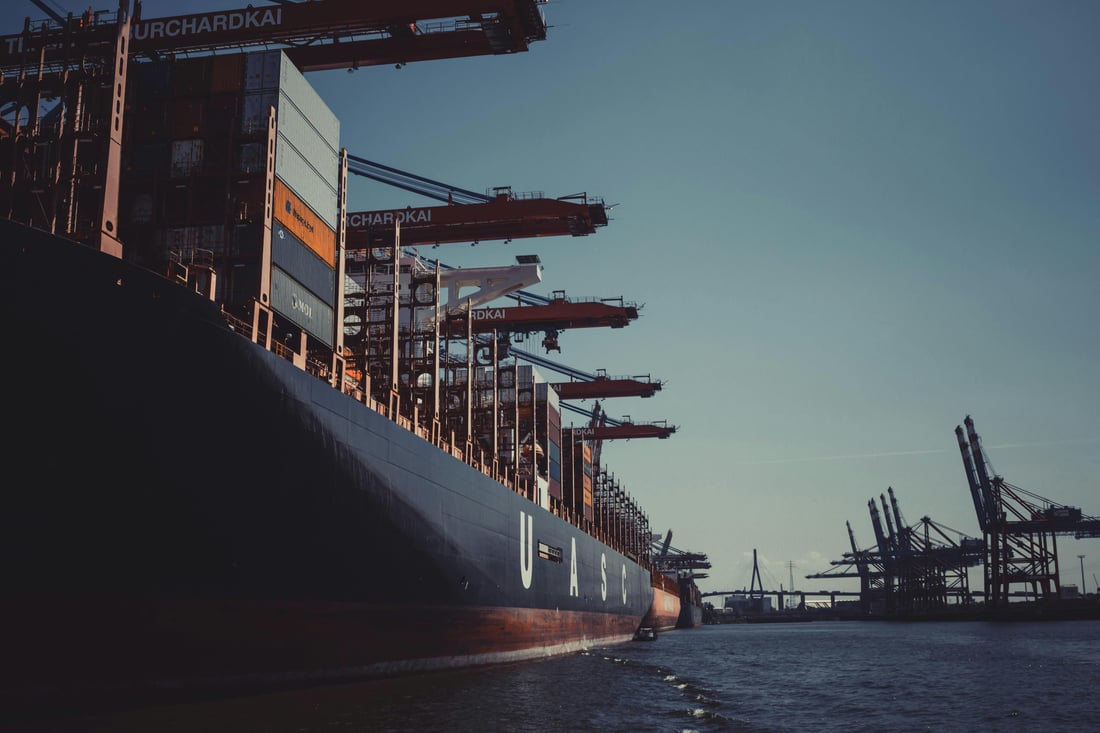Industrial inspection is a crucial process in manufacturing and production industries where products are checked for quality and compliance with industry standards. It involves a detailed examination of materials, components, and finished products to ensure they meet specifications and are safe for consumer use.
The Role of Industrial Inspection in Quality Assurance
Industrial inspection plays a vital role in quality assurance by identifying defects, errors, or non-conformities in products early in the production process. By conducting thorough inspections, manufacturers can prevent costly rework, reduce the risk of product recalls, and maintain customer satisfaction.
Types of Industrial Inspection Techniques
There are various techniques used in industrial inspection, including visual inspection, dimensional inspection, non-destructive testing, and automated inspection. Each method has its advantages and is chosen based on the type of product being inspected and the level of detail required.
Benefits of Industrial Inspection
Industrial inspection offers numerous benefits to manufacturers, including improved product quality, increased efficiency, reduced waste, and enhanced safety standards. By investing in regular inspections, companies can ensure that their products meet regulatory requirements and exceed customer expectations.
Challenges Faced in Industrial Inspection
Despite its importance, industrial inspection faces challenges such as human error, equipment failure, and changing regulatory standards. To overcome these obstacles, manufacturers must constantly update their inspection processes, invest in training for inspectors, and adopt new technologies.
The Future of Industrial Inspection
With advancements in technology such as artificial intelligence, machine learning, and robotics, the future of industrial inspection looks promising. These innovations will enable faster, more accurate inspections, resulting in higher productivity and lower costs for manufacturers.
Regulatory Compliance in Industrial Inspection
Regulatory bodies often require manufacturers to adhere to specific inspection standards to ensure product safety and quality. Companies must stay up to date with these regulations and conduct regular inspections to remain compliant and avoid legal issues.
Key Industries That Rely on Industrial Inspection
Various industries rely on industrial inspection to maintain quality standards and regulatory compliance. Some key sectors include automotive, aerospace, electronics, pharmaceuticals, and food and beverage.
Best Practices for Effective Industrial Inspection
To ensure effective industrial inspection, companies should establish clear inspection criteria, train inspectors on proper procedures, use the latest inspection technologies, and implement a robust quality control system.
Conclusion
In conclusion, industrial inspection is a critical component of quality assurance in manufacturing and production industries. By conducting thorough inspections, companies can identify defects early, improve product quality, and ensure compliance with industry standards, resulting in a more efficient and successful business operation.
Quote Inquiry
Contact us!

